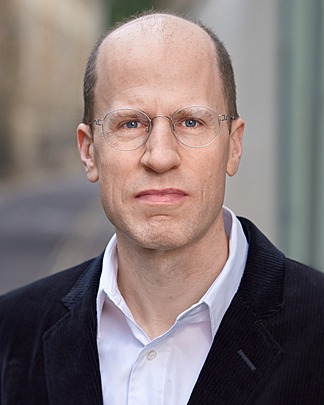
Nick Bostrom
Nick Bostrom is a renowned philosopher, futurist, and polymath widely recognized as one of the most influential thinkers of the 21st century. He is a Professor at the University of Oxford, where he founded and directs the Future of Humanity Institute, a leading interdisciplinary research center bringing together philosophers, scientists, and mathematicians to explore the long-term future of humanity, artificial intelligence safety, and existential risk. Bostrom is best known for his groundbreaking book Superintelligence, which catalyzed global discussion about the existential risks of artificial intelligence and its potential to surpass human capabilities. His pioneering academic papers introduced seminal ideas such as the simulation argument and the theory of existential risk, shaping how policymakers, technologists, and ethicists approach the future of AI and human civilization. Through his work, Bostrom has redefined modern discourse at the intersection of philosophy, ethics, science, and technology, emphasizing the moral responsibility of present generations to safeguard humanity’s long-term survival and potential. Prior to his tenure at Oxford, he taught at Yale University and served as a Postdoctoral Fellow of the British Academy.
Nick Bostrom Professional Experience / Academic History
Professional Experience
-
Professor, Faculty of Philosophy
-
Lecturer, Department of Philosophy
Academic History
-
Ph.D., Philosophy
-
M.A., Philosophy and Physics
-
B.A., Philosophy, Mathematics, Mathematical Logic, Artificial Intelligence
RESEARCH & EXPERTISE
Nick Bostrom is one of the most-cited philosophers in the world and has been described as “the Swedish superbrain” for his exceptional intellect and cross-disciplinary contributions.
His expertise spans theoretical physics, computational neuroscience, logic, artificial intelligence, and philosophy, giving him a uniquely holistic perspective on humanity’s long-term future.
Bostrom is best known for pioneering research in existential risk, AI safety, anthropic reasoning, the simulation argument, and global consequentialism—concepts that have profoundly influenced modern thinking on technology, ethics, and civilization.
His writings have been translated into more than 28 languages, with over 100 international editions and reprints, making his work accessible to a global audience of academics, policymakers, and futurists.
RECOGNITIONS
2015 Foreign Policy's Global Thinkers
2009 Foreign Policy's Top 100 Global Thinkers
2009 Eugene R. Gannon Award for the Continued Pursuit of Human Advancement
MEDIA & PUBLICATIONS
Bostrom has been featured in over 1,000 media interviews across television, radio, film, and podcasts worldwide.
His insights have appeared in leading outlets including BBC, CNN, NBC, PBS, Discovery Channel, The Financial Times, The New York Times, The Guardian, The Atlantic, Nature, New Scientist, and Forbes, among many others.
He achieved international recognition with his landmark 2003 academic paper, “Are You Living in a Computer Simulation?”, which sparked global debate about reality, consciousness, and the future of artificial intelligence.
His publications continue to influence discourse on technology ethics, philosophy of mind, and human progress.
SPEAKING ENGAGEMENTS
Bostrom is a highly sought-after keynote speaker, known for his thought-provoking discussions on the future of AI, ethics, existential risk, and technological innovation.
He has delivered more than 300 keynotes and panel discussions across the globe, engaging with audiences that include researchers, policymakers, corporate leaders, and the general public.
He is a repeat TED speaker and has presented at prestigious events such as the World Intelligence Congress, Ethics of AI Conference, AAAI Conference, Global Investment Forum, G20 Summit, Bank of England, Tech for Good Conference hosted by President Emmanuel Macron, Doha Debates, and numerous international think tanks and academic forums.
